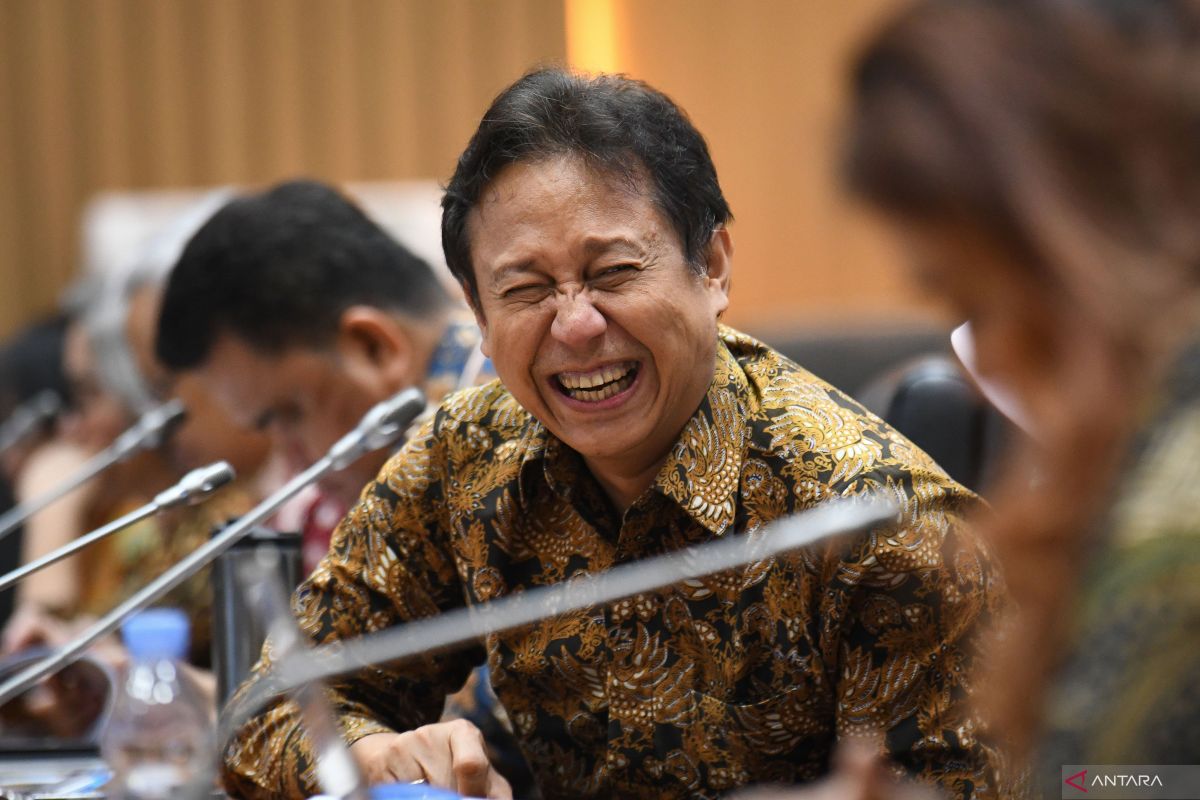Infection
Yogyakarta dengue cases drop with Wolbachia-infected mosquitoes
Jakarta (ANTARA) – Yogyakarta has recorded a reduction in dengue cases, dropping below the global incidence rate of 10 per 100,000 population, following the use of Wolbachia-infected mosquitoes, Health Minister Budi Gunadi Sadikin stated on Wednesday.
In his Instagram post, he attributed this success to research conducted by Gadjah Mada University.
He mentioned that the dengue incidence rate in Indonesia has continued to increase compared to global standards since 1968, despite various interventions carried out by the government, such as fogging, larviciding, and the implementation of the 3M movement.
The current dengue incidence rate in Indonesia is 28.5 per 100,000 population. Yogyakarta City, in fact, had previously reached figures of 300 to 400 per 100,000 population, according to Sadikin.
The Ministry’s Directorate General of Prevention and Control of Infectious Diseases (P2P) reported that the rate of dengue cases in Indonesia averages between 74,000 to 140,000 per year.
Meanwhile, from January to November 2023, dengue cases in Indonesia reached 76,449 patients, with 571 deaths.
This figure represents a successful reduction from the number of dengue cases in 2022, which totaled 143,300 patients and 1,236 deaths, thanks to interventions such as fogging, larviciding, the use of mosquito nets, and the 3M plus movement.
“Apart from approximately 200 children dying from acute kidney failure, we are also saddened to see thousands of children dying due to dengue. We must replicate the success of Yogyakarta City in saving our children’s lives,” Sadikin remarked.
He mentioned that the government had decided to implement the Wolbachia program to suppress the replication of the dengue virus transmitted through the bite of the Aedes aegypti mosquito.
“Most children die every year because of dengue. We successfully implemented the Wolbachia program in Yogyakarta,” he noted.
The Health Ministry is implementing Wolbachia technology to reduce the spread of dengue hemorrhagic fever in Indonesia.
This technology employs a “replacement” method, whereby male and female Wolbachia-infected mosquitoes are released into natural mosquito populations.
The objective of this method is to enable female mosquitoes to mate with local mosquitoes, ultimately producing offspring that contain Wolbachia.
Related news: Dengue: Govt spends Rp16 billion on Wolbachia trials
Related news: Disseminating information on Wolbachia method a challenge: official

